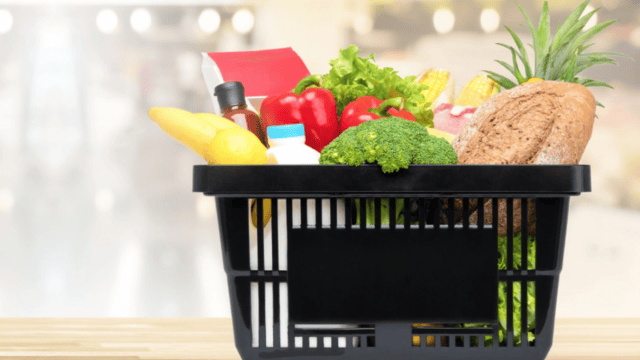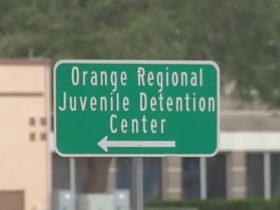Families in the community that rely on supplementary aid, such as the Pandemic Electronic Benefit Transfers, or P-EBT, should brace themselves for the possibility of experiencing delays in getting those monies.
Children living in the state who are eligible for free or reduced-cost lunches will have the opportunity to participate in a program that will compensate them for the lunches they won’t receive while they are out of school for the summer.
67% of pupils in Orange County are eligible for the P-EBT program.
Over two million Floridians received assistance from this program in the previous year.
But it arrived far later than expected; the assistance that was supposed to get families through the summer months instead arrived in September.
Tacara Thomas, a woman who lives in the area, currently needs to be resourceful in order to provide food for her children.
“Since the only thing we can afford to buy is chicken, that’s the only thing we really eat,” she remarked.
The Pandemic Summer EBT program was something that Thomas had relied on for the past few years. It is now a difficult task for her and her partner to provide food for their combined family of six children.
“It helps push through times when the stamps are running out,” she added. “(The program) helps push through.” There are times when the food runs out at the end of the month, and when that happens, we find ourselves wondering, “Okay, what’s next?”
In the past, the maximum amount that could be loaded onto a P-EBT card for a single child was $390.
This year, parents such as Thomas will only receive a third of that amount, which is $120 for each of their children.
She stated that with that amount, they would be able to purchase a carton of eggs and possibly some chicken to last the entire month.
But why is the total amount so much smaller than it was last year?
Due to the fact that Florida was one of the last states to submit a plan for consideration by the United States Department of Agriculture, the state is currently in the back of the line to get the money.
Since the beginning of the pandemic, activist Vanessa Brito has been assisting individuals in navigating through the state’s systems in order to receive assistance.
“People used the summer P-EBT really for Thanksgiving,” she added. “People were thankful for it.”
Brito is afraid that the system is already overwhelmed, and that things will only become worse for low-income families in the future. This will force individuals such as Thomas to seek assistance from any and all sources that are available.
“I go to food banks — that helps,” Thomas explained. “Hey, here are some extra food and some vegetables, courtesy of my neighbor who works with a church,” you remark. “I have a neighbor who works with a church.”
The program will continue indefinitely from this point forward, but in order for their children to be eligible for free or reduced-cost lunches through the National School Lunch Program, their parents will need to register them and get approval.












Leave a Reply